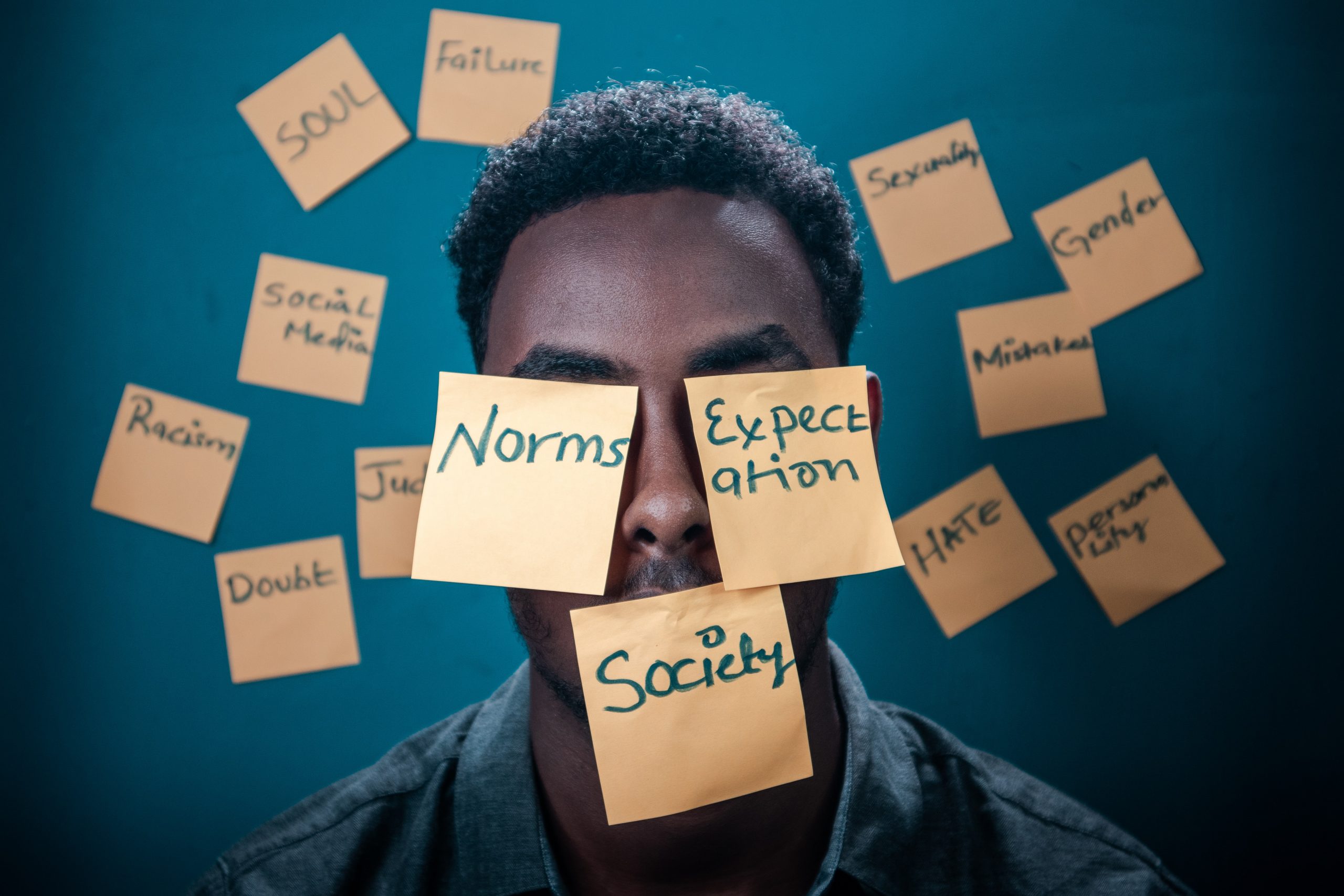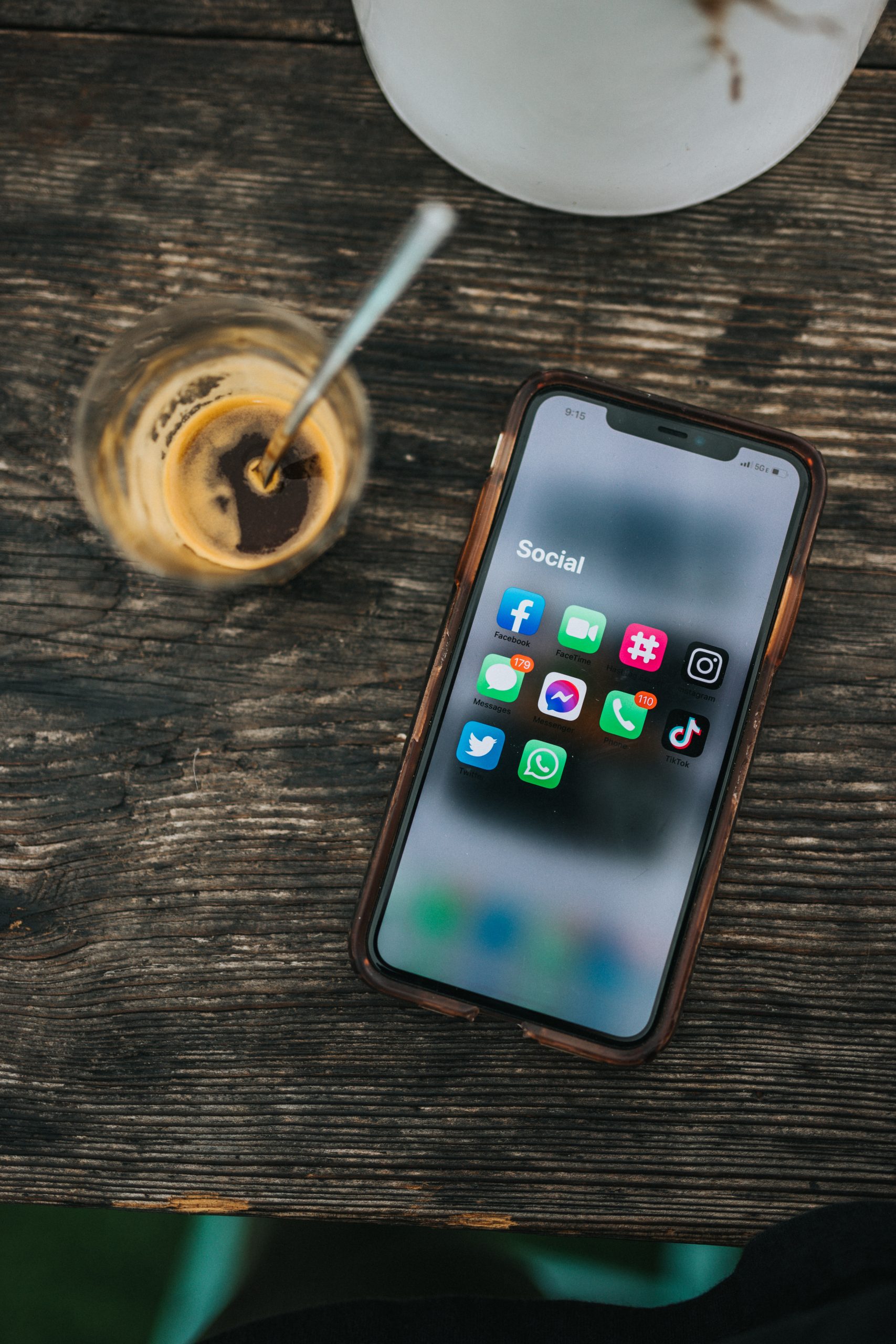Both the EU and the UK will have new laws regulating social media platforms coming in to effect shortly. In the EU, the DSA’s focus will be on how social media and digital platforms deal with illegal content, misinformation and disinformation, and false advertising. The UK’s OSB focuses on child safety and welfare, by introducing age verification requirements to bar those who are underage from digital platforms, and reduce their access to harmful and illegal content. Of course, the social media giants have expressed their “displeasure” at these new laws. However, they are very much needed, and have been for a long time.
What are the new safety laws?
EU – The laws include but are not limited to:
- A system of rules for dealing with illegal content. Digital providers must use this system to act rapidly to remove illegal content based national or EU law. On the other hand, users who’s content is removed will be given new rights. For example, clear reasoning for the deletion of content, and the right to dispute the removal.
- Platforms must clearly show how their algorithms and content moderation function. Also, users must be given at least one option to have non-targeted content. There’s also been discussion around banning targeting of sensitive traits, such as sexuality or religious affiliation, and to children.
- Transparency. Platforms will be obligated to publish annual data showing their content moderation efforts (how they dealt with illegal content). They must also show the number of and responses to complaints from users.
Affected service providers will have until 1 January 2024 to comply.
UK – The laws include but are not limited to:
- Age verification technologies will be required to keep those under the minimum age required to use the platform away. Companies will have to show what technology they are using, and that they are enforcing age limits.
- Illegal content must be removed, and efforts must be made by companies to make sure it’s never seen at all. Making content that promotes self-harm will be made illegal for the first time.
- Children will be prevented from accessing harmful but legal content, such as pornographic, online abuse and content that promotes suicide, eating disorders, etc. but don’t class as criminal.
- As with the EU law, users will be able to see what traits are being used to target content at them, and be given the option to stop this targeting.
Why are they so necessary right now?
I have previously discussed the wide reaching, damaging effects that misinformation and disinformation are having on the world, and the EU’s new act will ideally limit these effects in the future, at least within the EU. Social media giants have for too long avoided accountability for the damage they cause, and transparency over how they operate. Unfortunately, as they changed the world, both negatively and in some cases positively, legislation from world governments didn’t keep up, and they were left to govern themselves. Of course, a business will always put profit above public safety and welfare.
As for the UK one, the importance of removing illegal content and limiting harmful content is obvious. The key is the focus on children. Mental health experts have for years cried out about the negative effects that social media is having on us. Poor mental health in childhood, when brains are developing, can affect someone for the rest of their lives. From eating disorders and cyberbullying, to anxiety and loneliness, the list of harmful effects seems endless. Alongside the news headlines in the UK about the Online Safety Bill, comes the tragic case of Molly Russell. Her suicide at 14 was ruled by the coroner to have followed the negative effects of online content, especially related to suicide and self-harm. Molly’s case is far from the only instance of this happening, but the bill seeks to stop this in the future.
We’ll have to wait and see if these changes are effective.
The power of social media and the internet is overwhelming. We may very well see that these laws have come too late, and have too little effect. If they don’t make it possible to co-exist healthily with social media, the final solution may have to be to take our situation into our own hands, and remove ourselves from the digital space. LifeBonder’s goal is to help us step away from social media, by helping us to form real-world relationships in real-world places. Social media becomes irrelevant when we can fully appreciate the mesaverse we exist in with other people.




